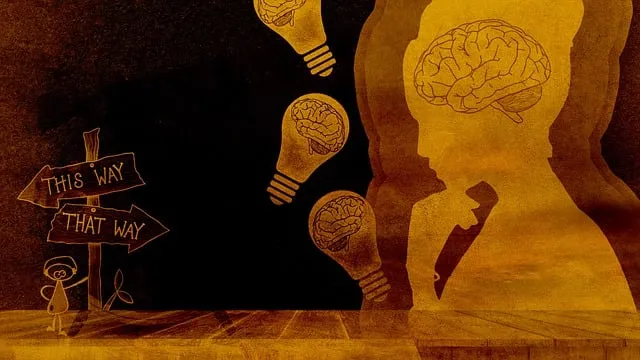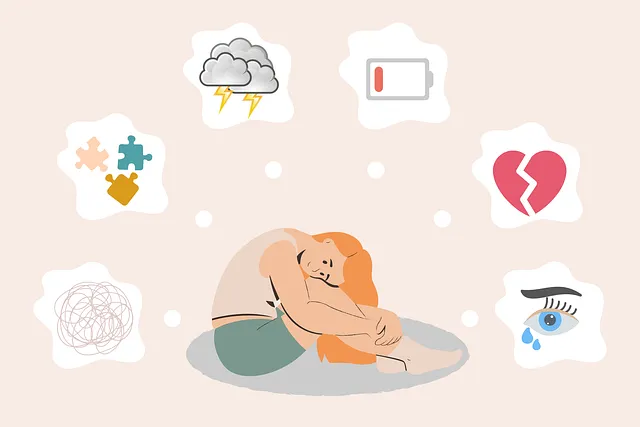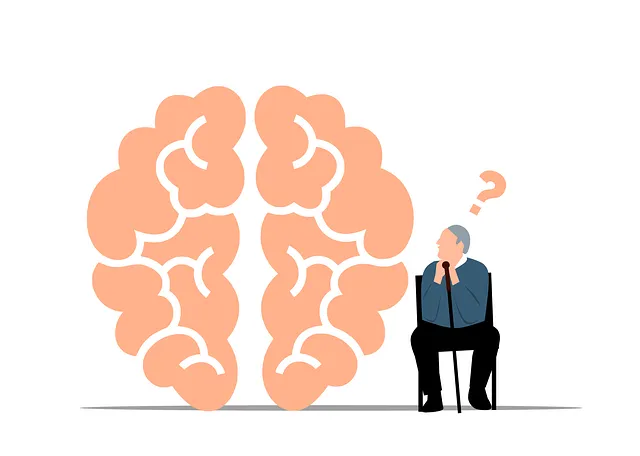Kaiser Permanente, recognizing emotion regulation as a cornerstone of mental well-being, offers exceptional training and unique job opportunities in mental healthcare, particularly in Trauma Support Services. These roles emphasize evidence-based techniques like Compassion Cultivation Practices (CCP) to reduce distress and enhance resilience, fostering self-awareness and kindness. By advocating for mental health policies at the societal level, Kaiser Permanente contributes to comprehensive emotion regulation programs. Effective techniques, measured through assessments and student feedback, promote emotional well-being in educators and healthcare providers, preventing burnout through practical tools for managing emotions.
Emotion regulation techniques are a cornerstone of mental health, enabling individuals to manage their feelings effectively. This article explores this vital skill, focusing on how Kaiser Permanente mental health jobs equip professionals with the necessary training and support. We delve into proven techniques for teaching and practicing emotion regulation, along with strategies for implementing and measuring success. Discover how these methods enhance well-being and foster superior mental healthcare.
- Understanding Emotion Regulation: A Cornerstone of Mental Health
- Kaiser Permanente Mental Health Jobs: Training and Support for Emotion Regulation Expertise
- Effective Techniques: Tools for Teaching and Practicing Emotion Regulation
- Implementing and Measuring Success: Strategies for Continuous Growth in Emotion Regulation Teaching
Understanding Emotion Regulation: A Cornerstone of Mental Health

Emotion regulation is a fundamental aspect of mental health and well-being, recognized as such by leading organizations like Kaiser Permanente. It’s about understanding, managing, and responding to one’s emotions in healthy ways. Effective emotion regulation techniques empower individuals to navigate life’s challenges, reduce stress, and enhance overall resilience. For those pursuing careers in mental healthcare, such as positions at Superior Kaiser Permanente, this knowledge is not just academic; it’s a cornerstone of patient care.
A strong foundation in emotion regulation is crucial for professionals providing Trauma Support Services, where helping individuals process and manage complex emotions is central to the healing process. Moreover, Cultural Sensitivity in Mental Healthcare Practice plays a vital role, as recognizing and respecting diverse emotional expressions can significantly impact treatment outcomes. Professionals must also be adept at conducting thorough Risk Assessments for Mental Health Professionals to ensure both their own well-being and that of their clients, demonstrating the interconnectedness of these critical skills in the broader mental health landscape.
Kaiser Permanente Mental Health Jobs: Training and Support for Emotion Regulation Expertise

Kaiser Permanente Mental Health Jobs offer a unique opportunity for professionals to gain extensive training and support in emotion regulation techniques. These roles go beyond traditional therapy; they involve educating individuals on managing their emotions effectively. The organisation’s commitment to mental health excellence is evident through its comprehensive programs designed to enhance self-awareness exercises and foster resilience.
In these positions, employees are equipped with the latest research and practices in Mental Health Policy Analysis and Advocacy, enabling them to contribute to public awareness campaigns development. With a focus on evidence-based strategies, Kaiser Permanente ensures their teams can provide superior support to those seeking emotion regulation expertise.
Effective Techniques: Tools for Teaching and Practicing Emotion Regulation

Teaching emotion regulation techniques is a valuable skill, especially in today’s fast-paced world where stress and anxiety are prevalent. At Kaiser Permanente mental health jobs, professionals recognize the Superior potential of empowering individuals to manage their emotions effectively. One powerful tool is Compassion Cultivation Practices (CCP), which encourages self-awareness and understanding, fostering an environment of kindness towards oneself and others. This practice has been shown to reduce reactivity to distressing emotions and enhance overall well-being.
In addition to CCP, integrating Positive Thinking strategies can significantly contribute to emotion regulation. Teaching individuals to reframe negative thoughts and focus on the positive aspects of life can mitigate intense emotional responses. Encouraging a growth mindset and practicing gratitude can boost resilience and coping mechanisms. Furthermore, considering the broader context of Mental Health Policy Analysis and Advocacy is essential. By understanding the societal factors that impact mental health, educators can advocate for policies that support comprehensive emotion regulation programs in schools and communities.
Implementing and Measuring Success: Strategies for Continuous Growth in Emotion Regulation Teaching

Implementing effective emotion regulation techniques is crucial for both educators and healthcare providers, such as those at Kaiser Permanente mental health jobs, aiming to promote emotional well-being. Success in teaching these skills can be measured by observing improvements in students’ ability to manage their emotions, cope with stress, and maintain a sense of balance. One strategy involves utilizing standardized assessments to gauge progress; these tools allow educators to track changes in emotional intelligence and coping mechanisms over time. Additionally, collecting feedback from students through surveys or interviews provides valuable insights into the perceived effectiveness of teaching methods.
Continuous growth in emotion regulation teaching requires a multifaceted approach. Educators should foster an environment that encourages open discussions about emotions, ensuring students feel safe to explore and express their feelings. Incorporating diverse learning activities, such as role-playing scenarios, group discussions, and mindfulness exercises, can enhance engagement and cater to different learning styles. Moreover, integrating Emotional Well-being Promotion Techniques and Coping Skills Development into the curriculum ensures that students acquire practical tools for managing emotional challenges beyond the classroom, ultimately contributing to Burnout Prevention Strategies for Healthcare Providers.
Emotion regulation techniques are a vital skill set, and teaching these strategies can significantly impact individuals’ well-being. As discussed, Kaiser Permanente mental health jobs offer valuable training and support for professionals aiming to become experts in this field. By implementing effective techniques from various evidence-based practices, educators can empower others to navigate and manage their emotions effectively. Continuous growth is achievable through innovative implementation and measurement strategies, ensuring that teaching emotion regulation becomes a rewarding and impactful aspect of mental health care, as sought after by superior Kaiser Permanente mental health jobs.






